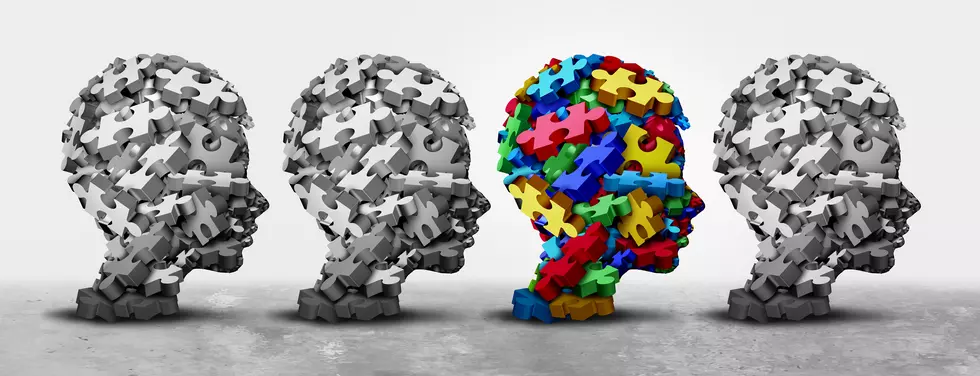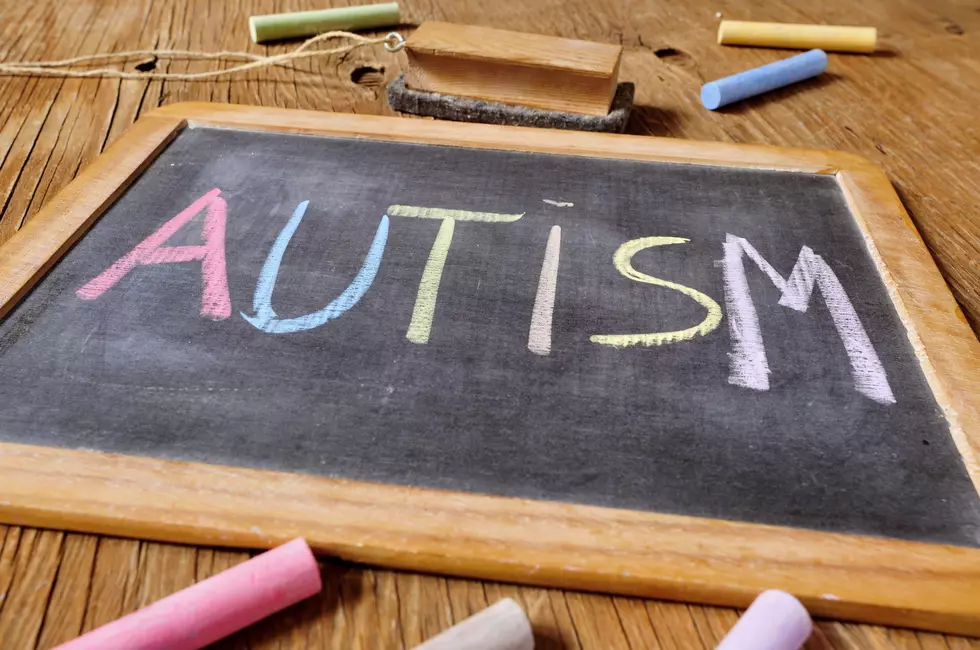
NJ has a highest autism rate — U.S. senator wants expanded services
New Jersey now has the highest rate of autism among children in the nation. According to recent CDC data, 1 out of every 34 Garden State kids is on the autism spectrum.
In response, U.S. Sen. Bob Menendez, D-N.J., is pressing for the Autism Coordination, Accountability, Research, Education and Support Act of 2019.
The CARES Act calls for a continuation of current autism programs as well as an additional $368 million for early detection, development of new treatments and therapies, and expanded programs for adults with autism.
Suzanne Buchanan, executive director of Autism New Jersey, said it’s important to expand opportunities for adults with autism because we know “parents of adult children of autism are struggling to identify services that meet their needs and improve their quality of life.”
“When you have an adult child with autism who spends most of his days at home with his parents or even his grandparents, that’s not a quality of life that any of us would want for that young adult," she said.
She said many services are available for children with autism in New Jersey, but once they turn 21, “it can be much more of a patchwork of services that parents have to take a leadership role in pulling together.”
She said the Autism CARE Act of 2019 is a huge step in the right direction because it would provide “much needed relief for parents who are very emotionally and financially overwhelmed with all of the concerns related to helping their adult child with autism.”
While the rate of autism in New Jersey is 1 in every 34 children, the national autism rate is 1 in every 59 children.
Buchanan said it is believed New Jersey leads the nation in this category because the state has “more people who are better informed about autism, both in the parent community and in the professional and diagnostic communities.”
She noted New Jersey’s public school system is ahead of the curve when it comes to providing programs for those with autism but “we still have very far to go because the needs of students with autism vary tremendously.”
She said those on the autism spectrum have different degrees of disability and ability.
“The core feature of which is social interaction and communication. Some individuals with autism have intellectual disability, whereas others have average or above-average intelligence.”
She stressed expanding opportunities for those with autism at an early age is key.
“We can change their life trajectory, we can give them skills and have them meet normal milestones again. That can happen for about 30 percent of children; the other 70 percent make great strides as well.”
The Autism CARES 2019 Act reauthorizes existing federal autism programs through 2024 and calls for adding $368 million over five years for additional programs to help those with autism.
According to Menendez’s office in Washington, Autism CARES 2019 also:
• Authorizes research under the National Institutes of Health to address the entire scope of autism spectrum disorder;
• Designates regional centers of excellence for ASD research and epidemiology
• Directs activities to increase public awareness of autism, improve the ability of health providers to use evidence-based interventions, and increase early screening and detection
• Increases funding to $23.1 million to the CDC for developmental disability surveillance and research
• Increases funding to $50.6 million to the Health Resources and Services Administration for education, early detection, and intervention, with priority for new grants given to applicants in rural or underserved areas
• Requires the Department of Health and Human Services to provide a report to Congress on the health and well-being of individuals of all ages with ASD and other developmental disabilities
You can contact reporter David Matthau at David.Matthau@townsquaremedia.com
More From New Jersey 101.5 FM









